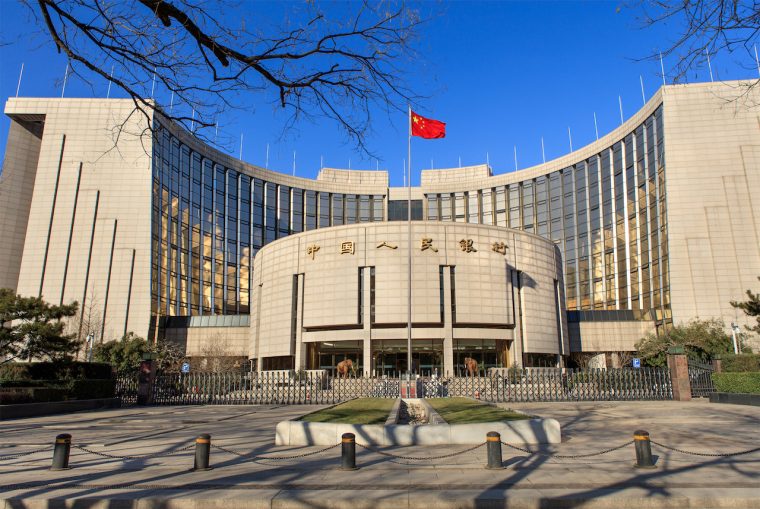
The People’s Bank of China (PBoC) is set to increase regulatory oversight of the digital economy, citing that new technologies, particularly new forms of finance, should not be unquestioningly adopted and acknowledged, according to PBoC Deputy Governor Xuan Changneng.
Speaking at the annual Boao Forum in Hainan province, Xuan argued that digital currencies and newly invented cryptocurrencies do not necessarily solve financial problems but may instead generate new challenges.
He did not elaborate on specific steps that would be taken to strengthen oversight, but his remarks underscore the Chinese government’s cautious approach to the rapidly evolving digital landscape.
Concerns about Cryptocurrencies and Financial Risks
Xuan stated that while the digital economy has transformed the format of financial services, it has not altered the financial model itself.
He pointed out that cyclical swings in the sector, micro-credit risks, and liquidity risk mismatches continue to persist, highlighting the need for regulators to be vigilant in addressing these issues.
In response, Chinese regulators have been intensifying scrutiny of the fintech sector in order to mitigate financial risks.
Since late 2020, authorities have increased restrictions on the financial operations of online platform businesses, emphasizing the need to strike a balance between financial innovation and security.
These measures have been part of a broader campaign to safeguard the stability of China’s financial system and protect consumers from potential harm.
As cryptocurrencies gained prominence worldwide, Chinese regulators took decisive action to address the risks they posed to the country’s economic and financial order.
In 2021, China’s regulators banned crypto trading and mining due to concerns that cryptocurrency speculation could destabilize the country’s economic and financial order.
Xuan cited the United States’ “failure” to regulate cryptocurrencies effectively as an example of the risks associated with these digital assets.
Meanwhile, the Biden administration continues to study the potential systemic risks posed by digital assets, reflecting a growing recognition of the need for comprehensive and coordinated regulatory frameworks.
Regulatory Changes and the Impact on the Financial Sector
China has launched its own digital currency, the digital renminbi or yuan, but it remains relatively unused.
This development signifies the government’s intention to maintain control over its domestic monetary system while embracing the potential benefits of digital currencies.
Earlier this month, the country announced the establishment of a new regulatory body, the National Financial Regulatory Administration, aimed at consolidating oversight of the financial services industry and closing loopholes in the regulation of the $57 trillion financial sector.
This new administration will absorb the responsibilities of the China Banking and Insurance Regulatory Commission and take over some supervisory functions from the PBoC and the securities regulator.
Xuan concluded that the quality of regulatory oversight over the digital economy will be improved, emphasizing that the demands on financial regulators are higher in this era.
These changes reflect China’s commitment to ensuring the stability and security of its financial sector while adapting to the challenges and opportunities presented by the digital economy.
What's the Best Crypto to Buy Now?
- B2C Listed the Top Rated Cryptocurrencies for 2023
- Get Early Access to Presales & Private Sales
- KYC Verified & Audited, Public Teams
- Most Voted for Tokens on CoinSniper
- Upcoming Listings on Exchanges, NFT Drops